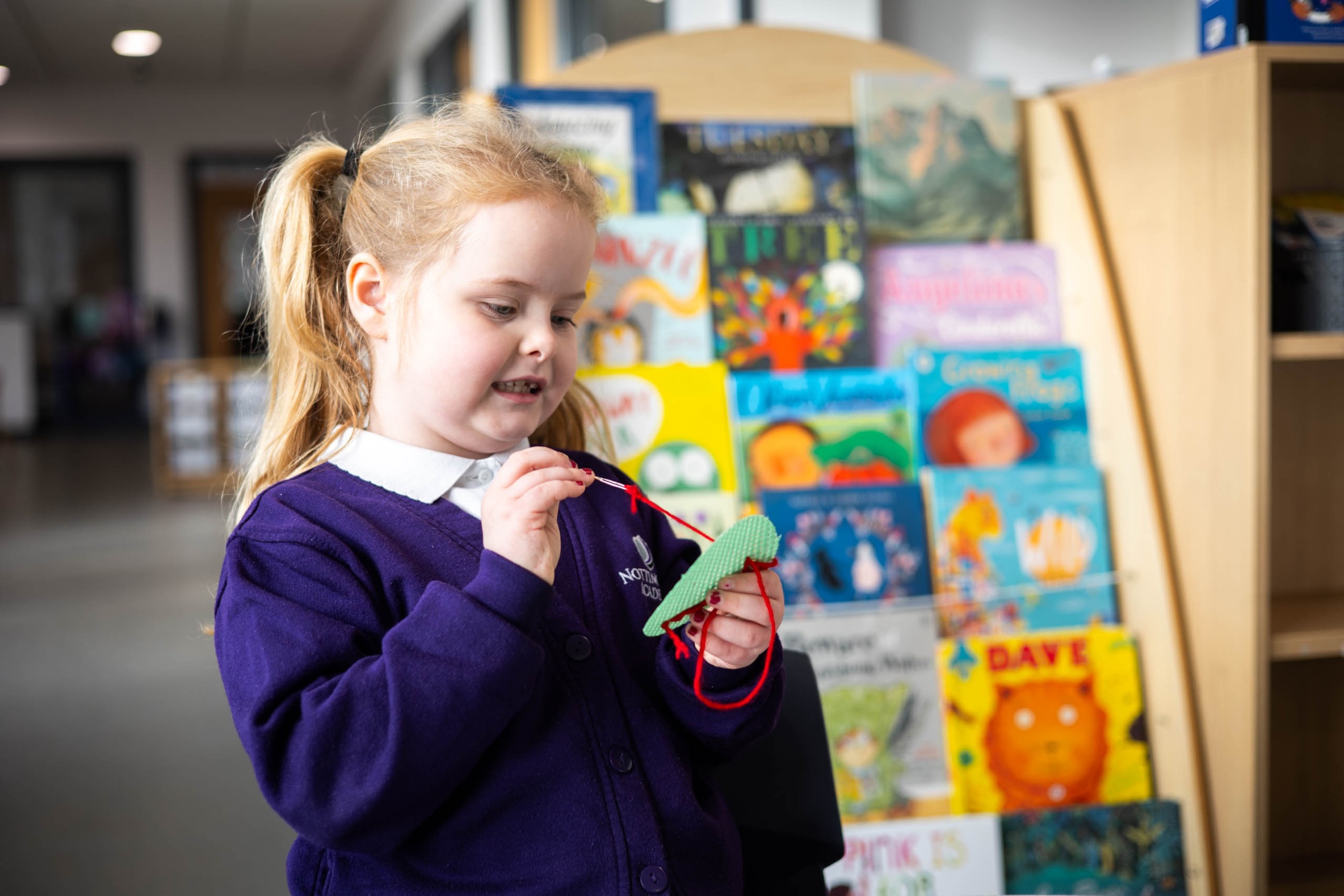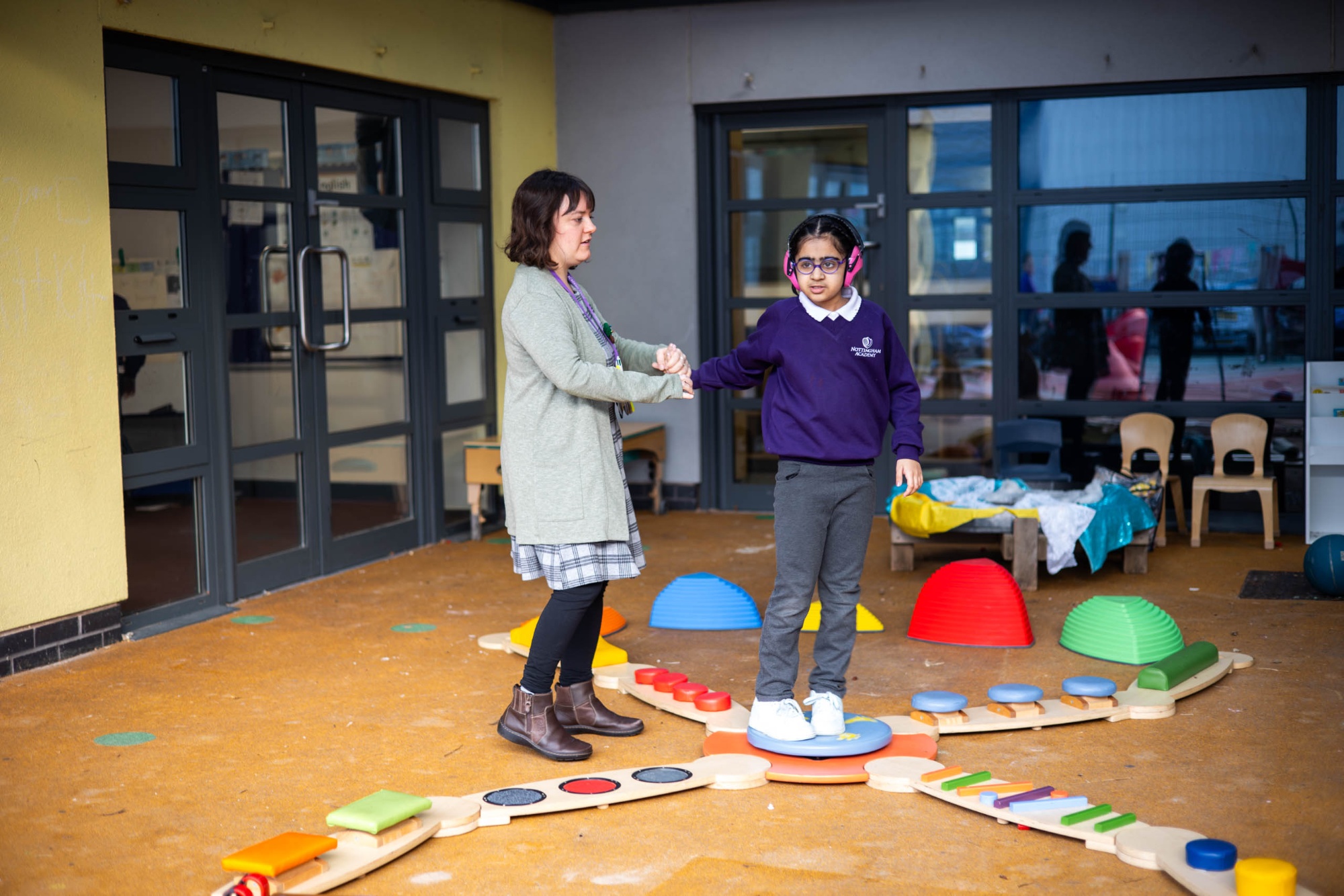Oracy
Intent:
At Nottingham Academy, we recognise the crucial importance of developing children’s oracy and the impact that this can have not only on children’s learning but their confidence, self-esteem, empathy and understanding too. Increased oracy impacts positively on behaviour and emotional regulation as well as resilience. Children's ability to talk and communicate their ideas translates into their ability to write.
Implementation:
We offer opportunities at all times for children to develop their fluency in speech through encouraging class, group or paired discussion, modelling speech, discussing and sharing ideas. We encourage appropriate speech through play and other social situations. We plan for performance; speaking, listening, group discussion and drama activities are integrated into our teaching across the curriculum and are seen as fundamental to teaching and learning. At Nottingham Academy, we teach children to talk like experts through disciplinary literacy by giving them opportunities to use the specific language, ways of thinking, and communication styles unique to each subject. In science, for example, pupils learn to explain using precise vocabulary and evidence, while in history they practise constructing arguments with reference to sources. Across the primary curriculum, teachers model subject-specific talk, encourage structured discussion, and provide sentence stems and key terms so that children can confidently engage in the kinds of conversations that experts in each discipline would have. This approach not only develops their knowledge but also deepens their ability to think critically and express themselves with clarity and authority. Our end of unit 'show it' pieces are encouraged to have oracy elements, for example, 'hot seating' and debating in history.
Impact:
Our children develop their speech and communication skills in order to:
- Justify ideas with reason
- Ask questions to check understanding
- Develop vocabulary and build knowledge
- Negotiate
- Evaluate and build on the ideas of others
- Give well-structured descriptions and explanations
- Speculate, hypothesise and explore ideas
- Organise their ideas prior to writing


